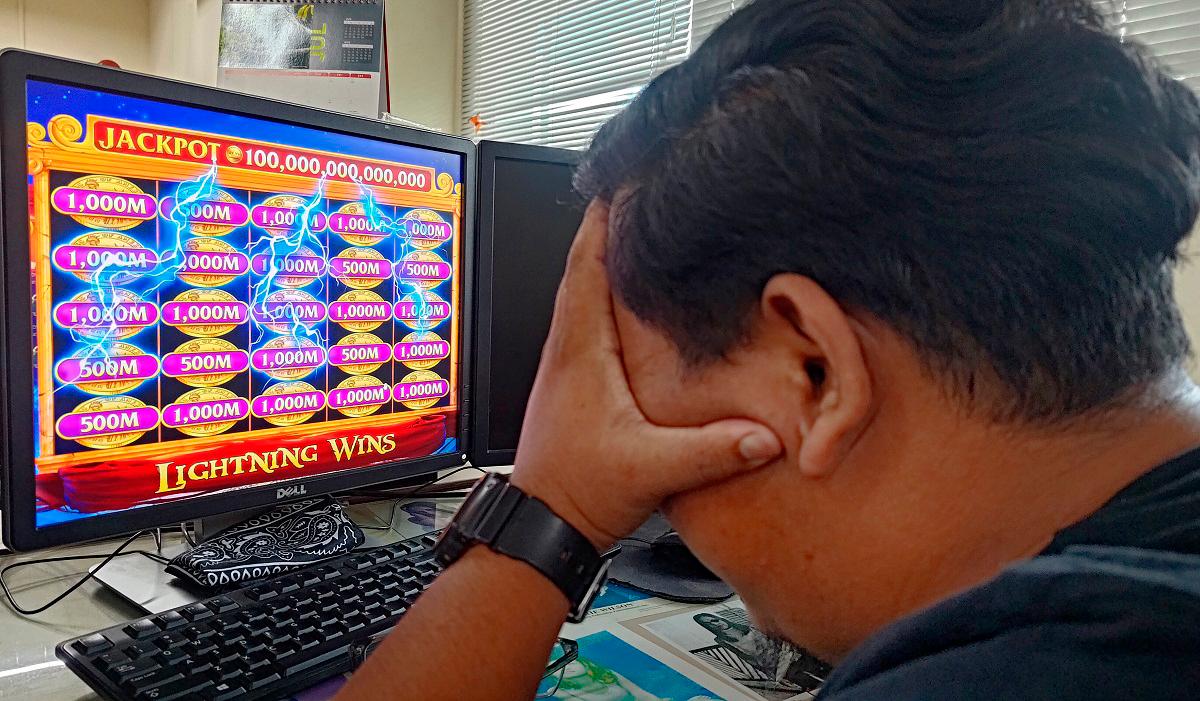PETALING JAYA: Gambling addiction can have far-reaching psychological effects, ranging from aggressive outbursts to paranoid delusions, according to mental health experts who warn that such compulsive behaviour mirrors the withdrawal patterns seen in substance abuse.
Universiti Teknologi Malaysia psychology officer Dr Zulfikar Ahmad said gambling activates the same reward circuits in the brain as drugs or nicotine.
“Even without physical substances like drugs, gambling itself activates those same pleasure circuits,” he said.
“If a person doesn’t get that dopamine hit, the symptoms can mirror those of heavy smokers or drug users.”
He added that when access to that source of pleasure is suddenly cut off, the brain reacts similarly to substance withdrawal.
“This can lead to irrational behaviour, restlessness and, in some cases, aggression.”
A disorder typically refers to behavioural patterns that interfere with daily functioning but do not involve structural changes in brain chemistry, he said.
Zulfikar added that addiction can evolve through two stages – disorder and illness.
While a disorder involves behavioural disruptions that interfere with daily life, an illness reflects deeper biological disturbances such as paranoia or delusions.
“At the disorder stage, therapy may be sufficient. But once it progresses into illness, marked by symptoms like hallucinations or detachment from reality, medical intervention becomes necessary.”
Hospital Al-Sultan Abdullah psychiatrist Dr Nur Faizah Ali echoed these concerns, stressing that the compulsion to gamble can become all-consuming despite mounting personal or financial consequences.
“There is tolerance, meaning the person needs to gamble more to achieve the same psychological high,” she said.
“And when they stop, withdrawal can bring about agitation, restlessnes or even aggression, just like in drug addiction.
“For individuals who already have a predisposition, like those with schizophrenia or other mental health vulnerabilities, gambling can worsen the condition.
“The biological impact of gambling can contribute to heightened stress, which may trigger or intensify psychotic symptoms like delusions.”
These insights offer a stark context to a real-life case shared by a local technician, who opened up about his 28-year-old brother’s worsening addiction.
Speaking to theSun on condition of anonymity, the technician, posting under the alias asoka75, described a harrowing pattern of violence, paranoia and emotional toll that has fractured his family.
He said the addiction began after his brother lost money in cryptocurrency investments several years ago while working as a ride-hailing driver. What started as casual betting turned into a dangerous obsession.
“There were times he accused us of being part of a system trying to control him,” he said.
“He once tried to throw a chair at me during an argument about his debts. I cut off contact with him for two years, though he would still show up at home occasionally, as he had nowhere else to go.”
In another disturbing episode, the man reportedly dismantled the family car’s fuel pump, convinced someone had planted a bomb inside.
Despite their mother, who works as a tour guide, paying off some of his debts, the gambling continued. Fearing for their safety, the family has since restricted his access to shared areas in the home.
On June 10, their mother brought the man to a local health clinic in search of referrals for psychiatric evaluation and potential treatment.









